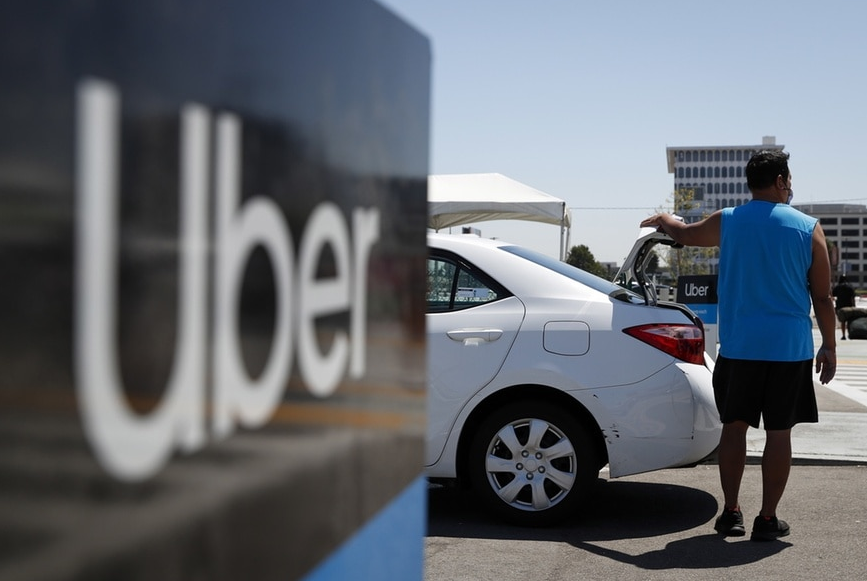Uber’s disruptive model faces resistance from unions and authorities in various countries, not just Switzerland. Keystone / Caroline Brehman The ride-hailing company says it will offer drivers the possibility of remaining independent or becoming official employees of a subcontractor firm. The “dual model” will be extended gradually across the country – with the exception of Geneva – from October, Uber’s Swiss director Jean-Pascal Aribot told the Tribune de Genève newspaper on Saturday. Aribot said such a system has already been tested in Lausanne (canton Vaud) since the start of 2022. It allows drivers to either remain independent, using Uber as a portal to connect with their clients, or become employees of a third-party company, which then also takes care of
Topics:
Swissinfo considers the following as important: 3.) Swissinfo Business and Economy, 3) Swiss Markets and News, Business, Featured, newsletter
This could be interesting, too:
Nachrichten Ticker - www.finanzen.ch writes Die Performance der Kryptowährungen in KW 9: Das hat sich bei Bitcoin, Ether & Co. getan
Nachrichten Ticker - www.finanzen.ch writes Wer verbirgt sich hinter der Ethereum-Technologie?
Martin Hartmann writes Eine Analyse nach den Lehren von Milton Friedman
Marc Chandler writes March 2025 Monthly
The ride-hailing company says it will offer drivers the possibility of remaining independent or becoming official employees of a subcontractor firm.
The “dual model” will be extended gradually across the country – with the exception of Geneva – from October, Uber’s Swiss director Jean-Pascal Aribot told the Tribune de Genève newspaper on Saturday.
Aribot said such a system has already been tested in Lausanne (canton Vaud) since the start of 2022. It allows drivers to either remain independent, using Uber as a portal to connect with their clients, or become employees of a third-party company, which then also takes care of processing wages and social insurance payments.
According to Aribot, in the case of Lausanne, around 80% of drivers opted to remain self-employed after being offered the choice.
Across Switzerland, he said, some 3,000 drivers use Uber, most of them in the urban areas of Basel and Zurich. He also said the dual model would have to be adapted to the different regulations governing taxis in each canton. Bern, for example, does not allow non-professional drivers to pick up passengers, the Tribune de Genève writes.
Geneva sticking point
Geneva will however remain an exception to this, after a ruling by the Swiss Federal Court in June upheld the canton’s decision to define Uber drivers as employees. Complicated (and so far unsuccessful) negotiations about salary arrears and social insurance payments are ongoing with unions. Talks face a deadline of October 15.
Aribot said the Federal Court ruling has “no impact” on Uber’s activities in other Swiss cantons.
Tags: Business,Featured,newsletter

